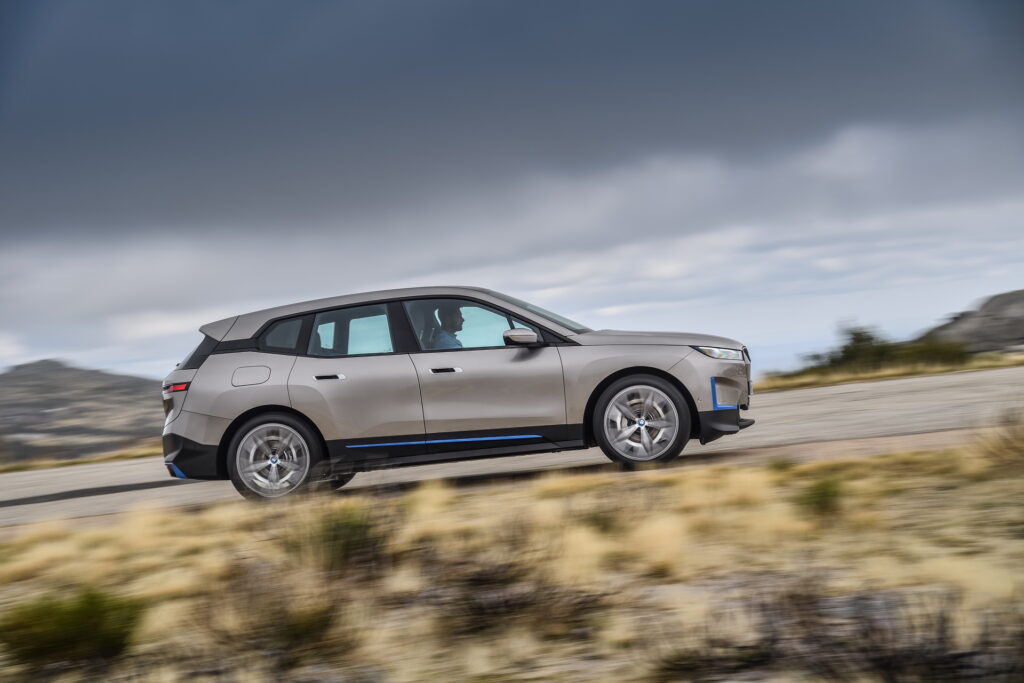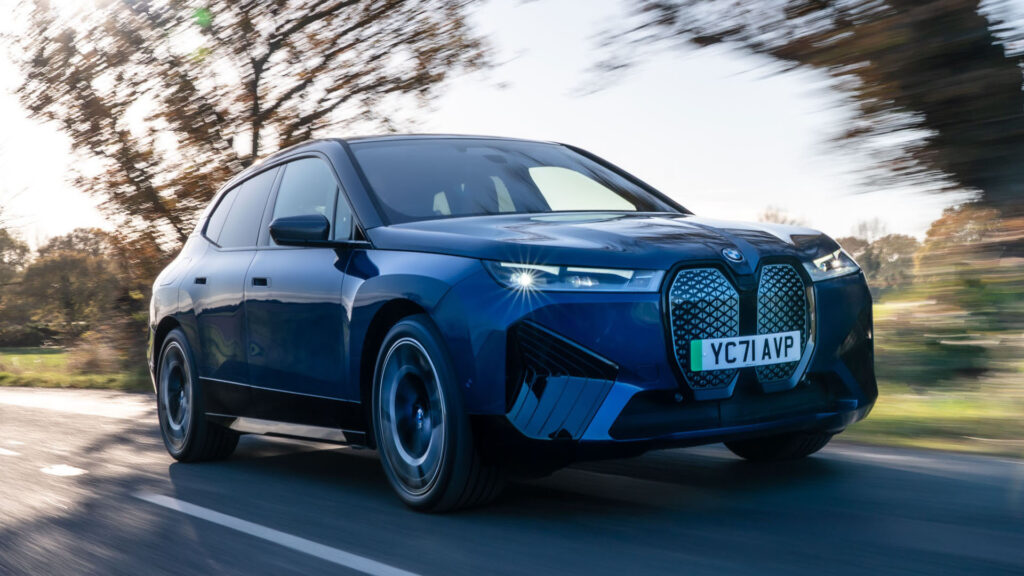BMW is keeping its options open when it comes to electric power by continuing to develop combustion cars and hydrogen-powered vehicles alongside its electric saloons, coupes, and SUVs. But British BMW buyers are so taken with the brand’s EVs and PHEVs that one in three BMWs sold in the UK last year came with a plug.
The company tripled its UK electric sales in 2022 to 21,480, meaning one in every five BMWs sold in the UK during the last 12 months was a full EV. Factor in the success of the firm’s plug-in hybrid models and you get to a total of 38,045 chargeable cars and that 33 percent figure for plug-in vehicle sales.
BMW GB puts much of the credit for its growth in the electrified sector down to the newly introduced i4 and iX, which joined the iX3 SUV and helped make up for the demise of the i3 part of the way through the year.
And that’s just the BMW brand. The BMW Group also includes Mini, whose Mini Electric EV accounted for a quarter of all Mini hatch models, while the popularity of the Mini Countryman PHEV resulted in one in every five Minis sold being equipped with a charging port.
Related: 2024 BMW i5 Touring Spied As An Electrifying SUV Alternative

Overall, BMW Group cars accounted for 11 percent of the UK EV market, up from 7.2 percent last year. And the arrival of the i7 and iX1 could further strengthen BMW’s grip on the market during 2023, while the i5 scheduled for launch later this year will give the company’s electric portfolio a boost the following year.
The figures also show that while BMW’s EV sales grew 199 percent in 2022, the company’s overall sales numbers fell by 7 percent to 116,577 units. But there’s certainly no shortage of demand for at least two combustion-powered BMW products: the M2 and M3 Touring have both amassed a six-month order bank.




